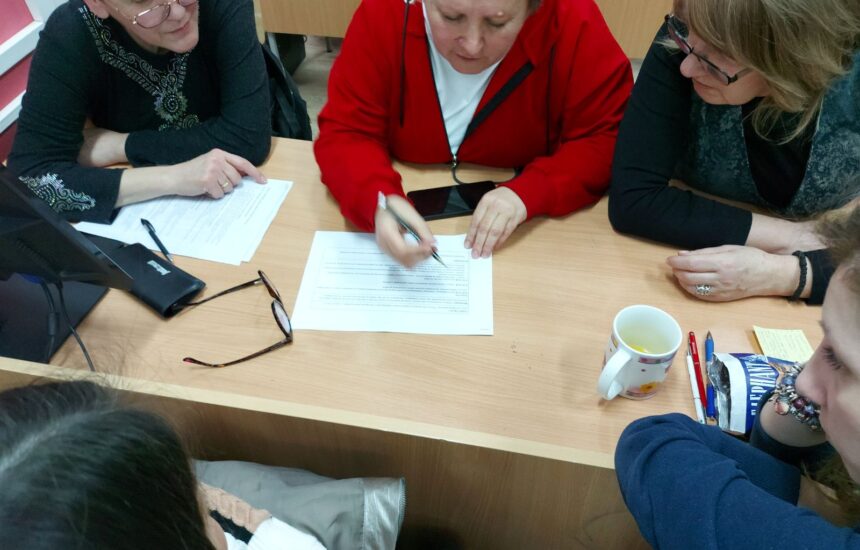Training of Trainers Model Builds Capacity in Inclusive Education in Serbia


Worldwide, many children are left out of educational opportunities because of disabilities or differences, and others disengage because they struggle to connect with the content being taught.
Childhood Education International is working to change that through training educators and other education professionals in areas such as Universal Design for Learning (UDL) and Project-Based Learning (PBL).
Over the past year, CE International and our partner, the Center for Interactive Pedagogy (CIP), have developed and implemented an inclusive education project in Serbia. The project has trained education professionals in UDL and PBL practices, focused on strengthening inclusive practices and learning for all children in Serbia.
This project, supported by the U.S. Department of State, used a Training of Trainers (ToT) model to build educator capacity and deepen school systems’ awareness of UDL and PBL.
Five schools of varying sizes and demographics participated – some in large urban cities such as the capital Belgrade, and others in smaller, rural towns serving minority groups such as the Roma. Ten school psychologists, pedagogists, and social workers were trained as trainers in inclusive practices, UDL, and PBL. Each of those ten participants then trained teachers and staff at their schools, resulting in more than 175 education professionals learning about these concepts during the project.
The five schools also created PBL units that they implemented with students and utilized UDL and other inclusive practices in their classrooms.
As part of the project, educators in Serbia connected with educators in the U.S. for horizontal exchange sessions, where they shared experiences and discussed methods they use to create inclusive, responsive classrooms.
During the virtual sessions, it was clear that the educators enjoyed learning about each other’s schools and customs, and that they felt a connection with each other, despite differences in their education systems and cultures.
Solidarity was built around the understanding that all teachers face challenges in supporting the needs of their students. Knowing that they all carry a heavy load but want to do what’s best for each student allowed the educators to connect with each other and explore new ways to approach the challenges in their classrooms and beyond.
The project culminated with a virtual conference, where educators in Serbia and the U.S. gave presentations about the ways they have implemented concepts of UDL and PBL in their classrooms.
Educators shared photos and discussed the interactive learning projects they implemented with students over the past academic year. Project themes included a wide variety of topics, which included healthy eating, physical activity, the grammar and spelling of street signs, holiday traditions, preparing younger students for kindergarten, learning about the Holocaust, and more.
The training series developed by CE International and CIP was accredited and noted to be of public interest by the Ministry of Education in Serbia. This will encourage other schools and education entities in Serbia to engage with the concepts and seek to build learning environments that are more inclusive, equitable, and varied in how they support children’s learning and engagement.
The ToT model also allows for quick dissemination of information and builds capacity toward sustainable inclusive education practices where each school has their own trainers to support learning and professional development of educators throughout Serbia.
Below are photographs from some of the training activities carried out as part of the project.